Your One-Stop Shop for Everyday Essentials & Unique Finds
Is Your Dog Eating Grass? Here's What It Could Mean
As a pet owner, you’ve likely caught your dog munching on grass at least once. This canine behavior can seem odd, especially when your dog has access to a full, well-balanced meal. However, grass-eating is a common practice among many dogs and is often tied to their dietary habits or instinctual behavior. While it might look concerning, it’s not always a sign of trouble. Let’s dive into some of the possible reasons behind this curious behavior.
Common Theories: Why Dogs Love Munching on Grass
Is It to Soothe Upset Stomachs? 
A popular belief is that dogs eat grass to soothe an upset stomach. You may have noticed that dogs sometimes vomit after eating grass, which leads many to believe they are intentionally trying to induce vomiting to relieve discomfort. This connection between dogs and gastrointestinal health is key to understanding their grass-eating behavior. However, the truth is, not all dogs vomit after grazing, and the relationship between grass and digestive relief remains somewhat of a mystery. If your dog is consistently vomiting after eating grass, it could signal underlying digestive issues that require further investigation into their gastrointestinal relief.
Grass as a Natural Source of Fiber 
Another theory is that dogs turn to grass as a natural source of fiber. Wild dog ancestors likely consumed plants, including grass, as part of their diet to aid digestion. Modern dogs might instinctively do the same to add roughage to their system, particularly if their dog fiber intake is insufficient. Fiber plays an essential role in a dog’s digestive system by helping with bowel movements and promoting overall gastrointestinal health. So, if your dog seems to regularly eat grass, it could be a sign that they are seeking out fiber. In this case, adjusting their diet to include dog food with high fiber might help reduce their desire for outdoor grazing.
Is Eating Grass Harmful for Dogs? What You Should Watch Out For
When Eating Grass is Safe 
In most cases, occasional grass-eating is harmless. Dogs grazing on grass doesn’t automatically mean they have a nutritional deficiency or gastrointestinal problem. However, you must ensure the grass is free from pesticides and chemicals that could harm your dog. Outdoor grazing in safe environments can be part of a dog’s instinctual behavior, and there’s generally no cause for alarm unless it becomes excessive.
When You Should Worry
If your dog begins eating grass excessively or shows signs of an upset stomach, vomiting frequently, or changes in behavior, it’s worth consulting your vet. These could be signs of underlying digestive issues or stress-related dog behaviors that need addressing. Sometimes, grass-eating is linked to anxiety, boredom, or even pica in dogs—a condition where they eat non-food items. If you notice these signs, it’s essential to monitor your dog closely and seek professional advice to rule out more serious health concerns.
What You Can Do to Address Grass-Eating in Your Dog
Offering Safe Alternatives to Grass 
If your dog’s grass-eating is becoming more than an occasional habit, there are a few things you can do to help curb the behavior. One of the simplest ways to reduce their interest in grass is by offering safe, high-fiber alternatives. Switching to a dog food with high fiber or adding fiber supplements can fill the nutritional gap that may be leading your dog to seek out roughage. Some dogs may need more fiber than their current diet provides, and this adjustment could help ease their craving for greenery.
Additionally, engaging your dog in other activities can be a great way to distract them from their grazing behavior. More mental and physical stimulation, like interactive toys or games, can divert their attention. Often, dogs eat grass out of boredom or as a way to occupy themselves. Keeping them engaged with new challenges can help reduce their focus on outdoor grazing and improve their overall behavior modification for dogs.
While grass-eating is usually harmless, it’s still a good idea to check in with your vet if you’re concerned. Regular vet consultations can rule out any medical causes behind the behavior, especially if your dog seems to rely on grass to soothe their stomach or shows other signs of discomfort. Your vet can recommend dietary changes, supplements, or even medications if needed to address any digestive issues. In some cases, grass-eating may be linked to stress-related dog behaviors or boredom, so addressing these issues with your vet can improve your dog's overall well-being.
Conclusion 
Dogs eating grass is a behavior that often puzzles pet owners, but in most cases, it’s a harmless quirk. Whether it’s rooted in their wild dog ancestors, a dietary need, or simply a source of boredom, the reasons behind it can vary. Sometimes, dogs munch on grass to soothe an upset stomach or add roughage to their diet, while in other cases, it may be tied to anxiety or stress. Understanding these motivations, including any signs of digestive issues in dogs, can help you better care for your dog and ensure they’re happy and healthy.
The key takeaway? Keep a close eye on your dog’s habits. Occasional grass-grazing might be nothing to worry about, but if it becomes frequent or is accompanied by vomiting or behavioral changes, it's worth consulting your vet. A balanced diet, proper mental stimulation, and regular vet check-ups can help address any underlying issues, ensuring your dog’s well-being. So the next time you see your pup indulging in outdoor grazing, you’ll know exactly what it could mean and how to respond.
This website may contain affiliate links, which means that we may earn a commission if you click on the link or make a purchase using the link.
By using the affiliate links, you are helping support the service we provide to you at no extra cost to you.

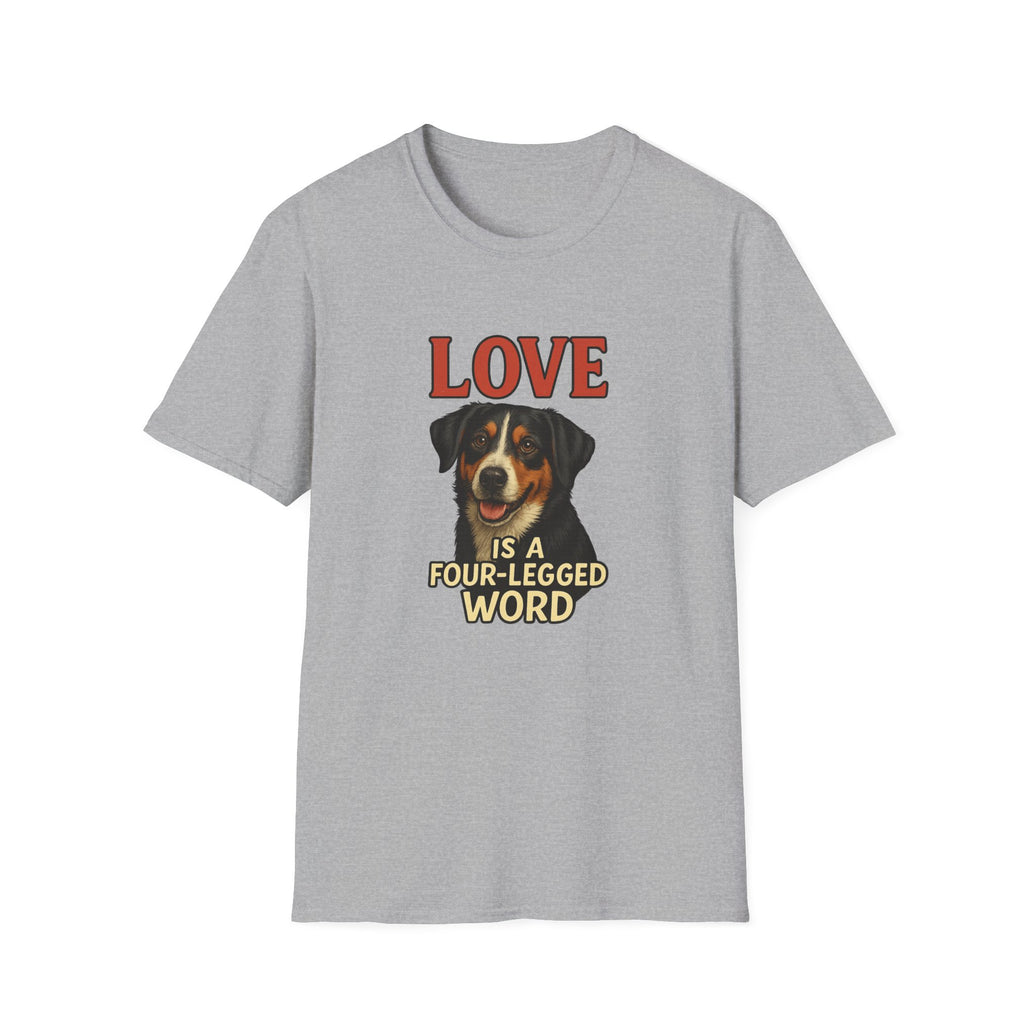
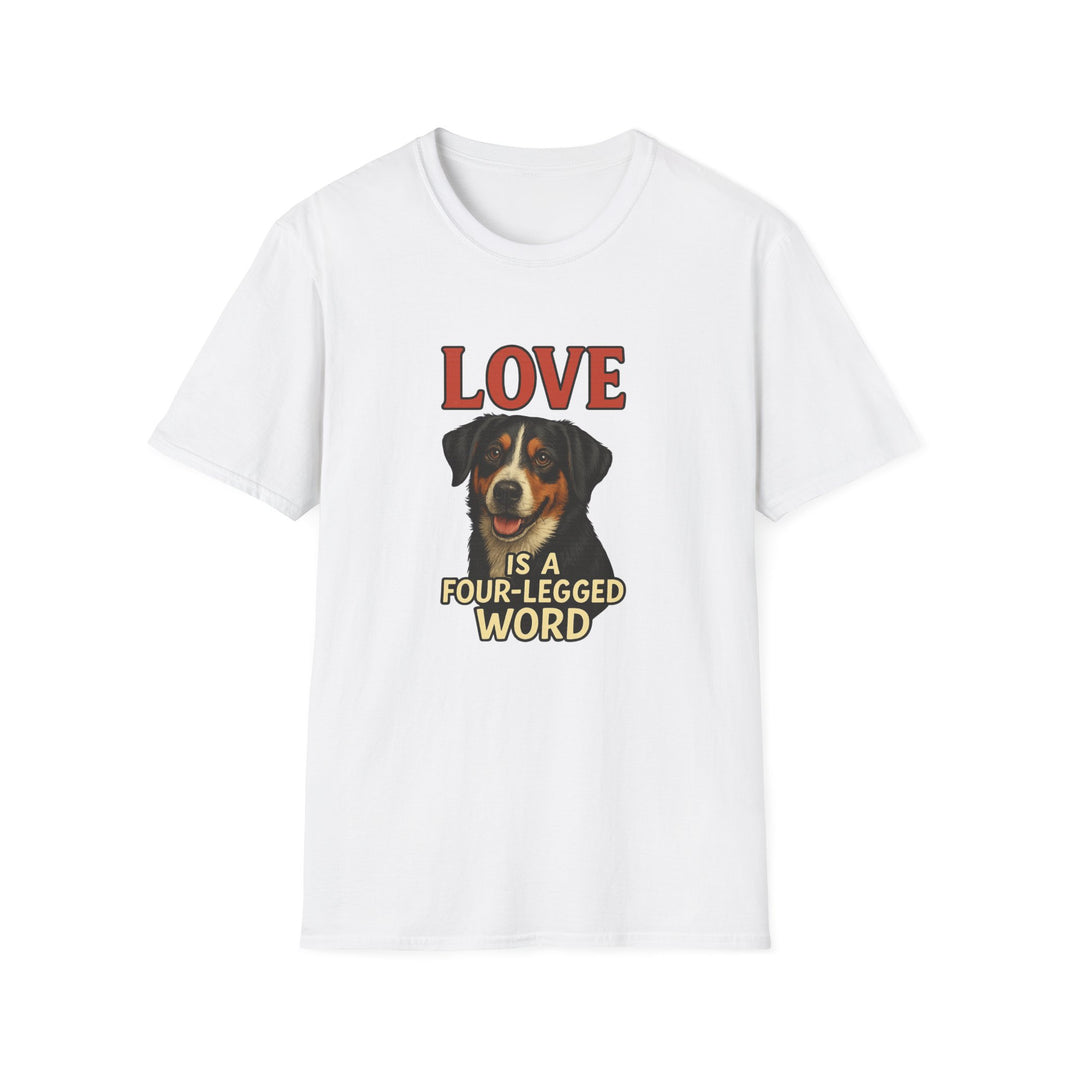
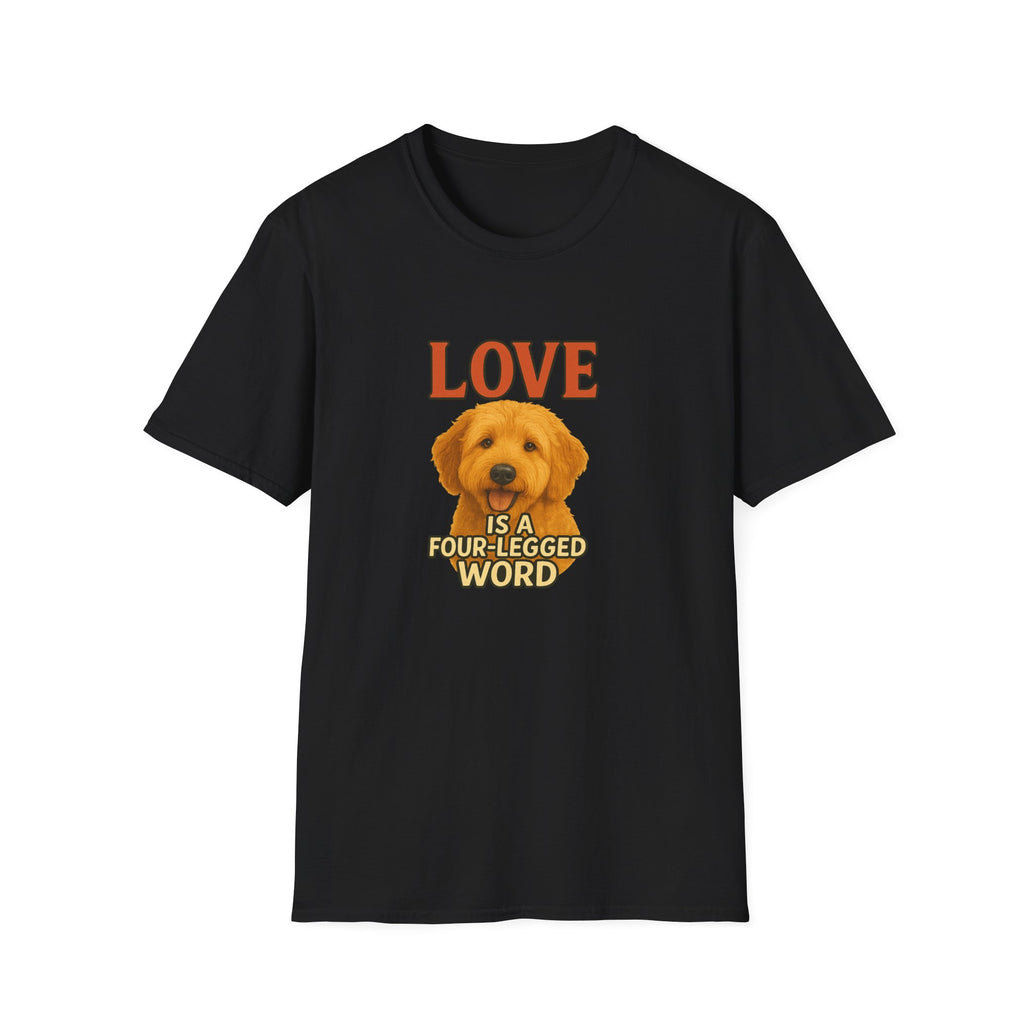
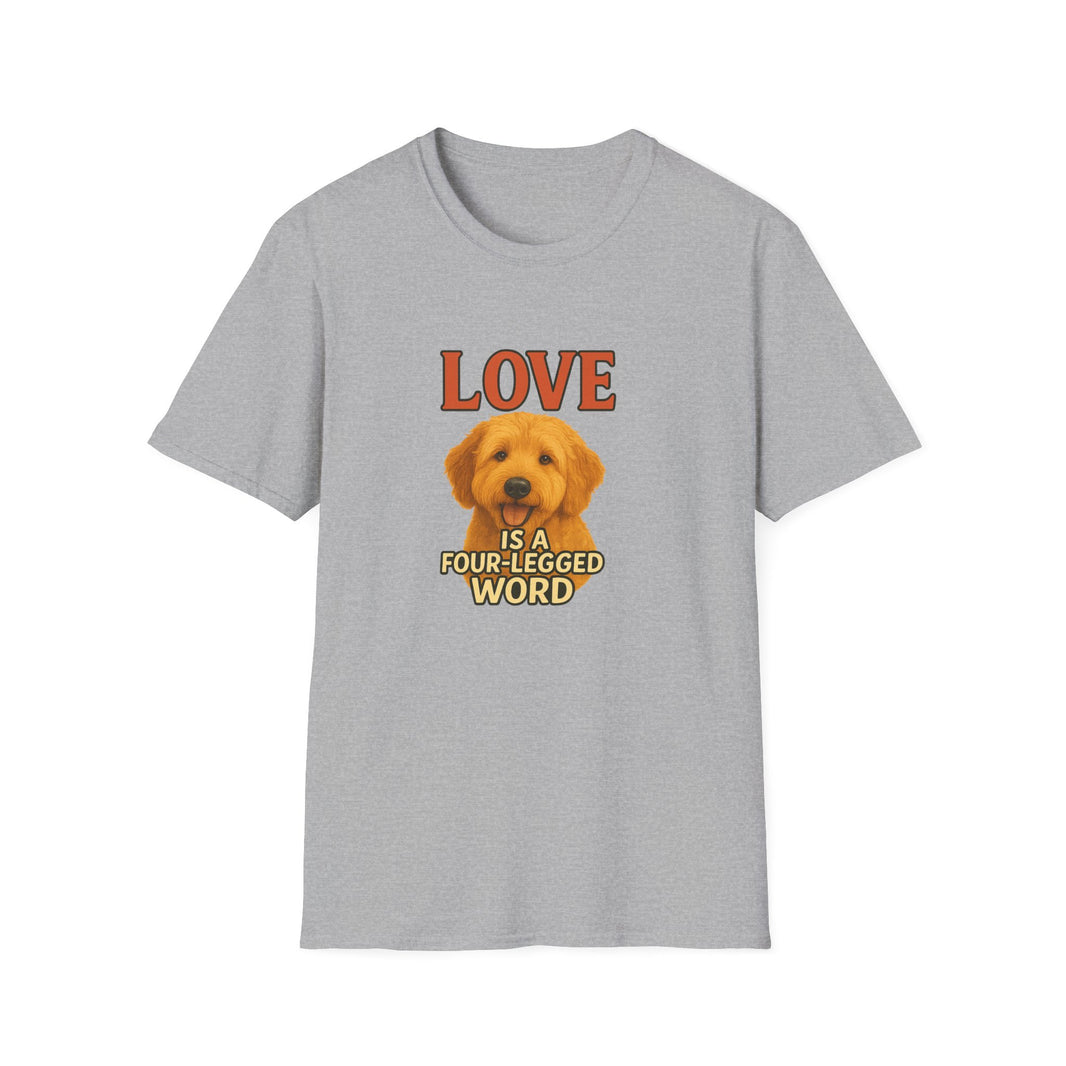




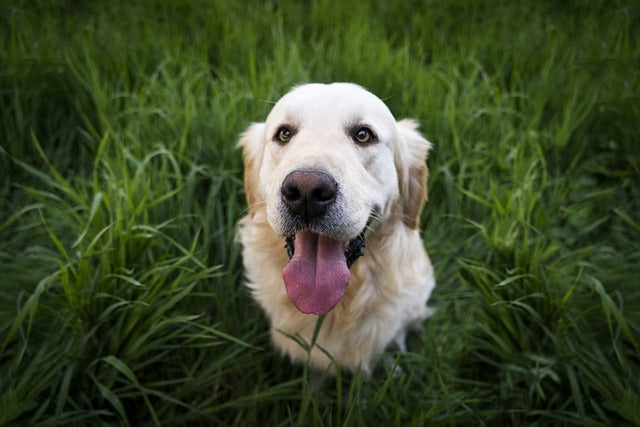
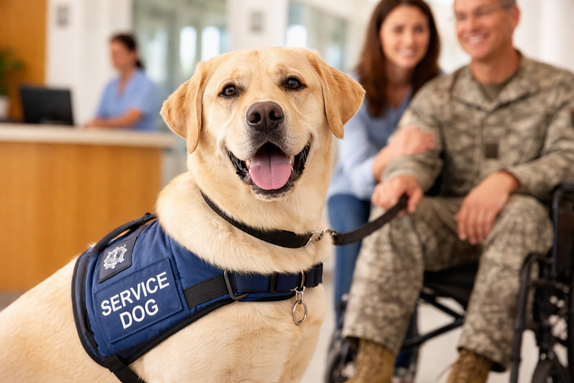
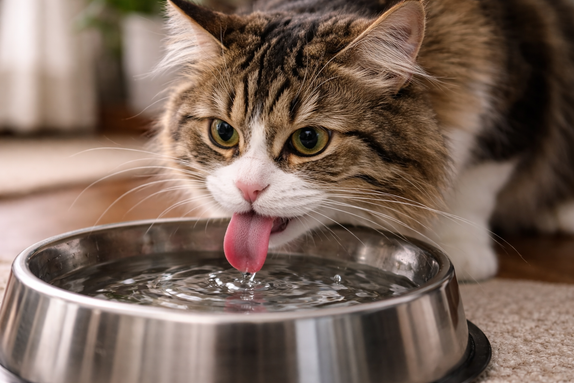

Leave a comment